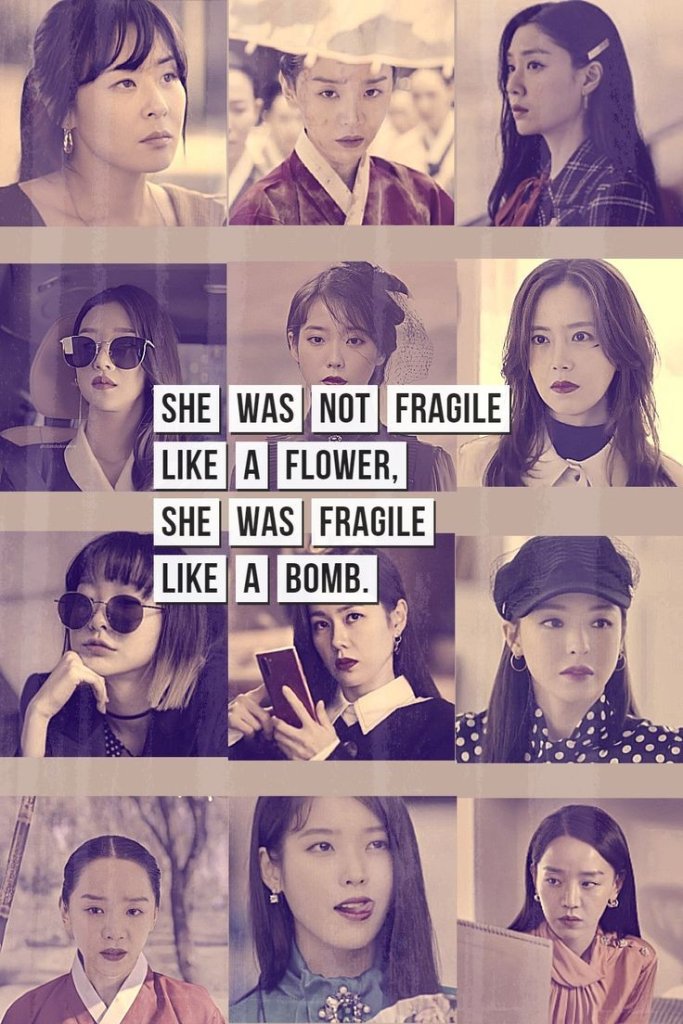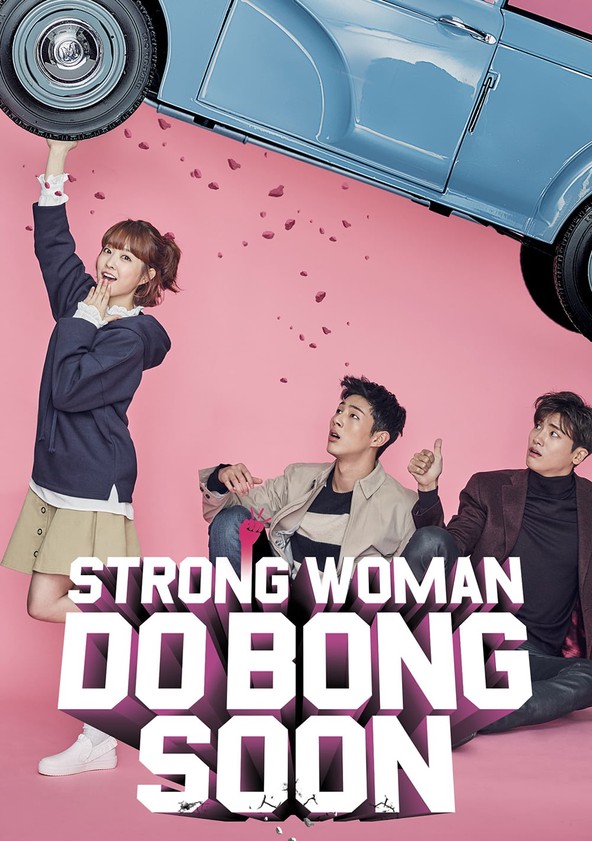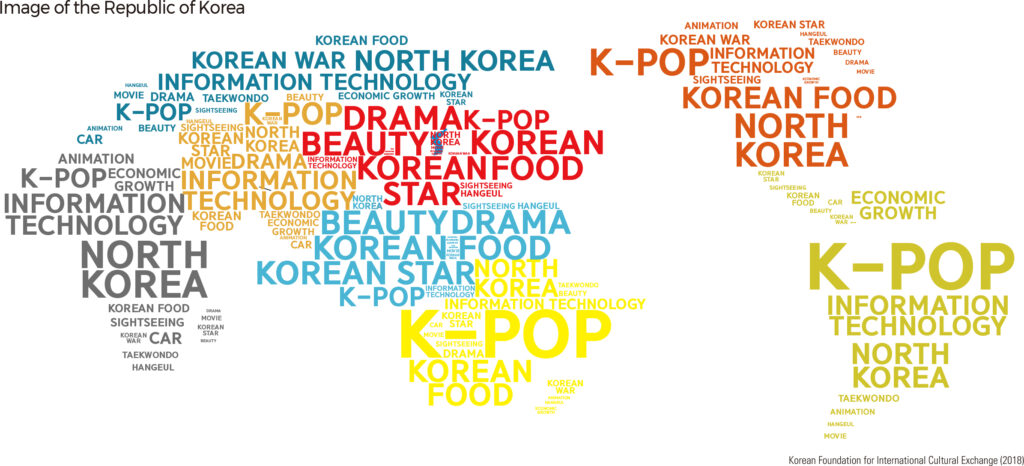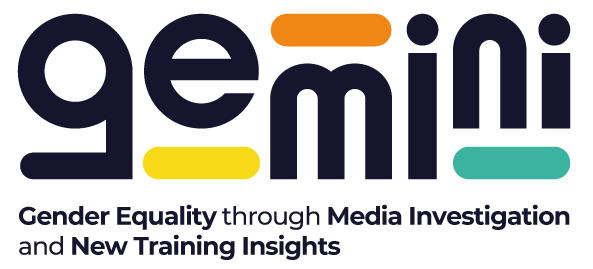Hallyu 4.0: Redefining Gender Stereotypes in K-Drama
By Silvia Fanti, November 17 2024
The world of K-Drama has undergone a significant transformation with the advent of Hallyu 4.0, the fourth wave of the Korean Wave. This new era is characterized by a bold reimagining of traditional gender roles and a strong emphasis on feminist themes, challenging the deeply rooted patriarchal norms in South Korean society. Hallyu, or the Korean Wave, refers to the global popularity of South Korean culture, including music, movies, and television dramas. The first wave began in the late 1990s, with K-Dramas gaining popularity across Asia.
The subsequent waves saw the rise of K-Pop and the global expansion of Korean entertainment. Hallyu 4.0, which began around 2016, marks a significant shift towards more progressive and inclusive storytelling in K-Dramas. One of the most notable aspects of Hallyu 4.0 is the incorporation of feminist themes in K-Dramas. These dramas now feature strong, independent female characters who challenge traditional gender roles and stereotypes. Unlike earlier K-Dramas, where female characters were often portrayed as passive and submissive, the new wave of dramas showcases women who are assertive, ambitious, and capable of making their own decisions.
The global #MeToo movement has had a profound impact on South Korean society, bringing issues of gender inequality and sexual harassment to the forefront. This movement has influenced the narrative of K-Dramas, leading to the creation of storylines that address these issues head-on. Dramas like Strong Woman Do Bong-soon and Search: WWW feature female protagonists who navigate and overcome gender-based challenges, inspiring viewers to question and challenge societal norms.
Hallyu 4.0 has also seen a shift in the portrayal of male characters. Traditional notions of masculinity are being redefined, with male characters displaying vulnerability, emotional depth, and a willingness to support their female counterparts. This balanced representation of genders promotes a more inclusive and equitable view of relationships and societal roles.
The influence of Hallyu 4.0 extends beyond entertainment. By challenging gender stereotypes and promoting feminist ideals, these K-Dramas are contributing to a broader cultural shift in South Korea. They encourage viewers to rethink their perceptions of gender roles and advocate for greater gender equality in their own lives.


Cultural Context
Understanding the cultural context of South Korea is crucial to appreciating the significance of Hallyu 4.0. South Korea has a deeply rooted patriarchal society influenced by Confucian principles, which emphasize hierarchical relationships and traditional gender roles. Historically, women were expected to be obedient, modest, and primarily responsible for domestic duties, while men were seen as the breadwinners and decision-makers. Despite South Korea’s rapid economic development and modernization, these traditional gender norms have persisted, leading to significant gender inequality.
Women in South Korea face one of the largest gender pay gaps among OECD countries, and societal expectations often pressure them to prioritize family over career. The #MeToo movement in South Korea has highlighted the pervasive issues of sexual harassment and gender discrimination, sparking a broader conversation about gender equality. Hallyu 4.0, with its feminist themes and progressive portrayal of gender roles, represents a significant cultural shift. By challenging traditional norms and promoting gender equality, these K-Dramas are not only reflecting changes in societal attitudes but also actively contributing to the transformation of South Korean society.
Educational use in a European Context
The insights from Hallyu 4.0 can be highly valuable in an educational context, particularly within the GEMINI project. The GEMINI project aims to enhance students’ understanding of gender issues and the influence of media, making the themes from Hallyu 4.0 a perfect fit for its objectives. Educators can use the themes from Hallyu 4.0 to teach students about media literacy, focusing on how media representations influence societal perceptions of gender roles. By analyzing K-Dramas, students can learn to critically evaluate media content and understand the impact of cultural narratives on gender equality. This aligns with GEMINI’s goal of fostering critical thinking and media literacy among students.
The feminist themes in Hallyu 4.0 provide a rich resource for discussions on gender studies. Educators can explore the intersection of media, culture, and gender, helping students understand how feminist ideals are being integrated into popular media and the broader implications for society. This supports GEMINI’s objective of promoting gender equality and social awareness.
Students can compare the portrayal of gender roles in K-Dramas with those in European media. This comparative analysis can foster a deeper understanding of cultural differences and similarities in gender representation, promoting cross-cultural awareness and empathy. This aligns with GEMINI’s goal of encouraging cultural exchange and understanding.
However, educators should be mindful of cultural differences and sensitivities. Some content in K-Dramas may not align with European cultural norms or educational standards. It is important to carefully select episodes and scenes that are appropriate for the classroom and that support the educational objectives. Avoiding content that may be too graphic or culturally specific can help ensure that the material is accessible and relevant to all students.
By incorporating these insights into the curriculum, educators can create a dynamic and engaging learning environment that promotes critical thinking, cultural awareness, and gender equality. The GEMINI project can leverage these themes to foster a more inclusive and equitable educational experience for students.



